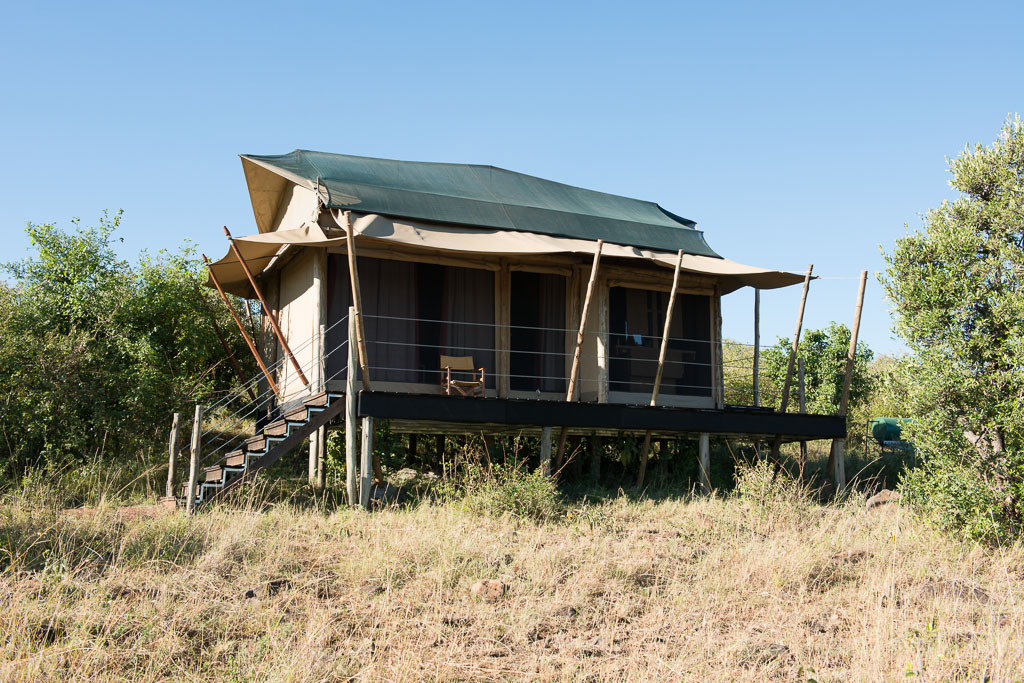Maasai Mara – People
A highlight of my second visit to Kenya was the Maasai Mara, the traditional homeland of the Maasai people that spans the border between Kenya and Tanzania. Although traditionally a nomadic people, the governments of both countries have instituted programmes to encourage the Maasai to abandon their semi-nomadic lifestyle. although Oxfam has suggested that their ability to farm in deserts and scrublands should be encouraged, in response to climate change.
Many Maasai tribes embrace tourism, welcoming visitors to their visages and acting as guides. The tented safari lodge resort at which we stayed was aligned to a training school for Maasai guides. The excursions on offer were hosted by graduates of the school. Most enjoyable was the walking safari, accompanied by two warriors with spears and a guide, from which the following photos are taken. I was a little concerned when, just after setting out, our guide said she was pleased we had sensible shoes, in case of snakes, and then warned us of what to do if we encountered buffaloes or elephants. The tree-climbing option was of particular concern as most trees were no taller than an elephant.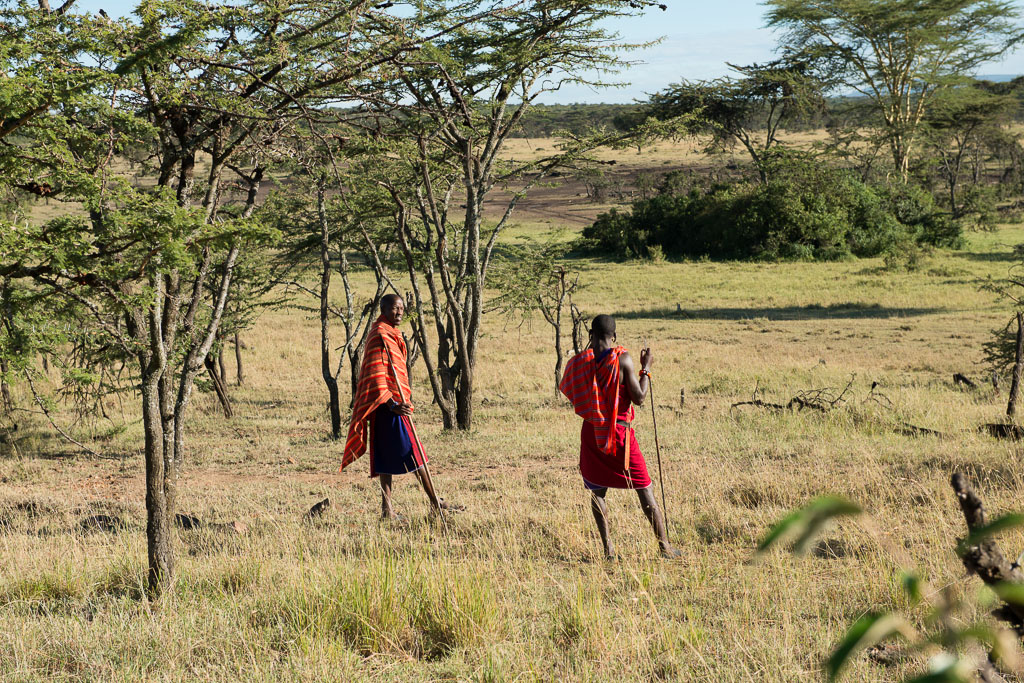
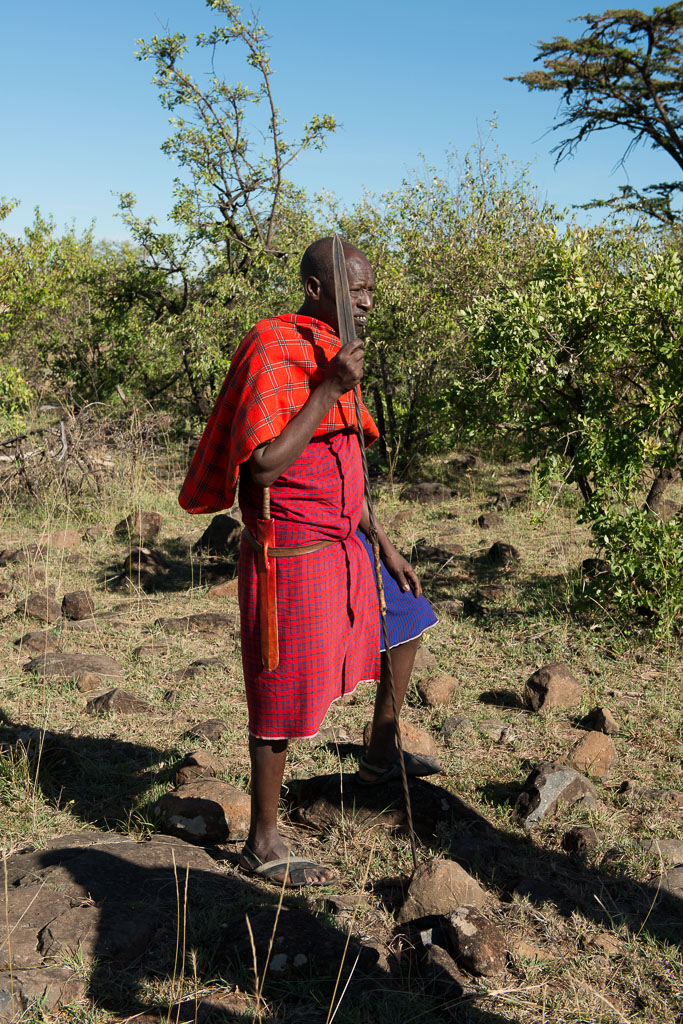
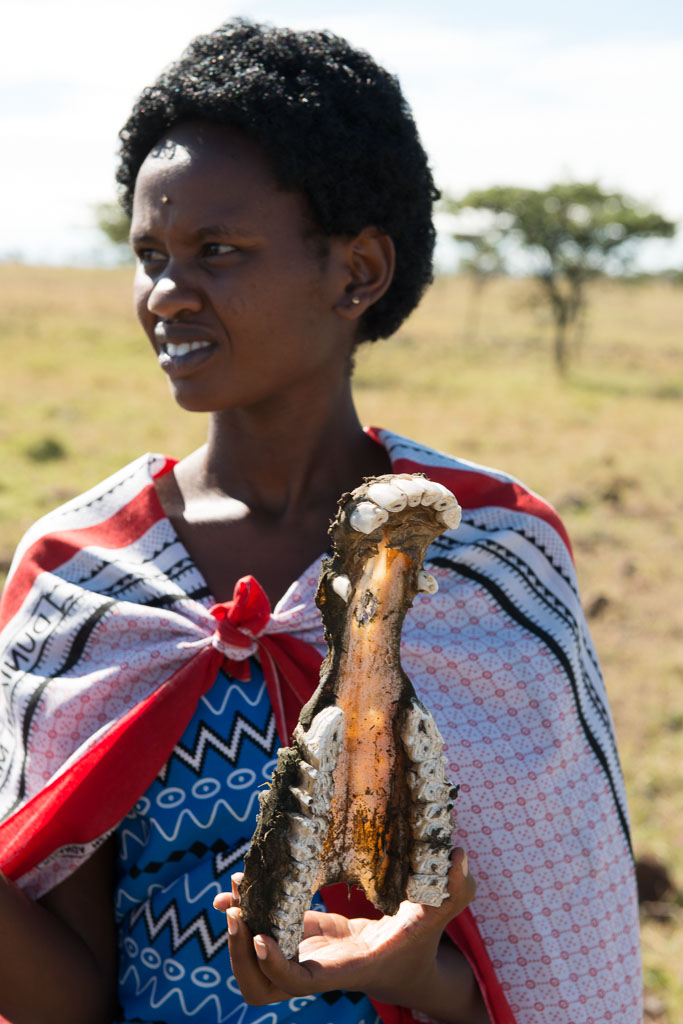
The Maasai people we met were genial and helpful. They sometimes displayed a mischievous sense of humour, as when we visited a village and were invited to buy the pieces of wood which they had used to demonstrate how to make a fire. But it was all good-natured; they were a pleasure to meet and talk with, and rightly proud of their choral and jumping skills. Note also the traditional Shúkà cloth, whose designs are similar to tartan.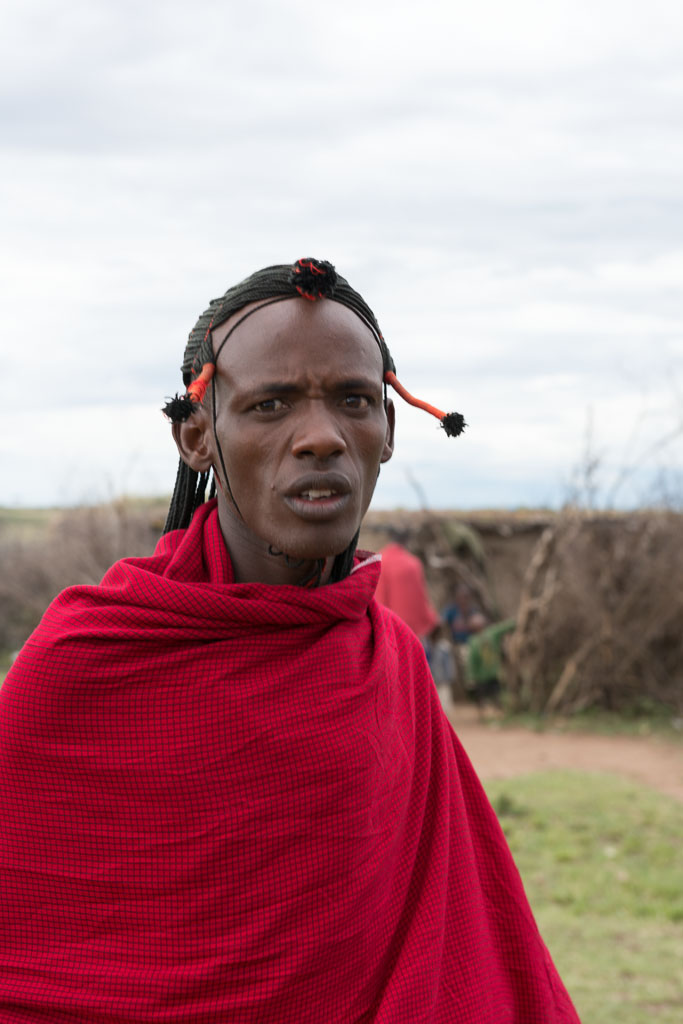
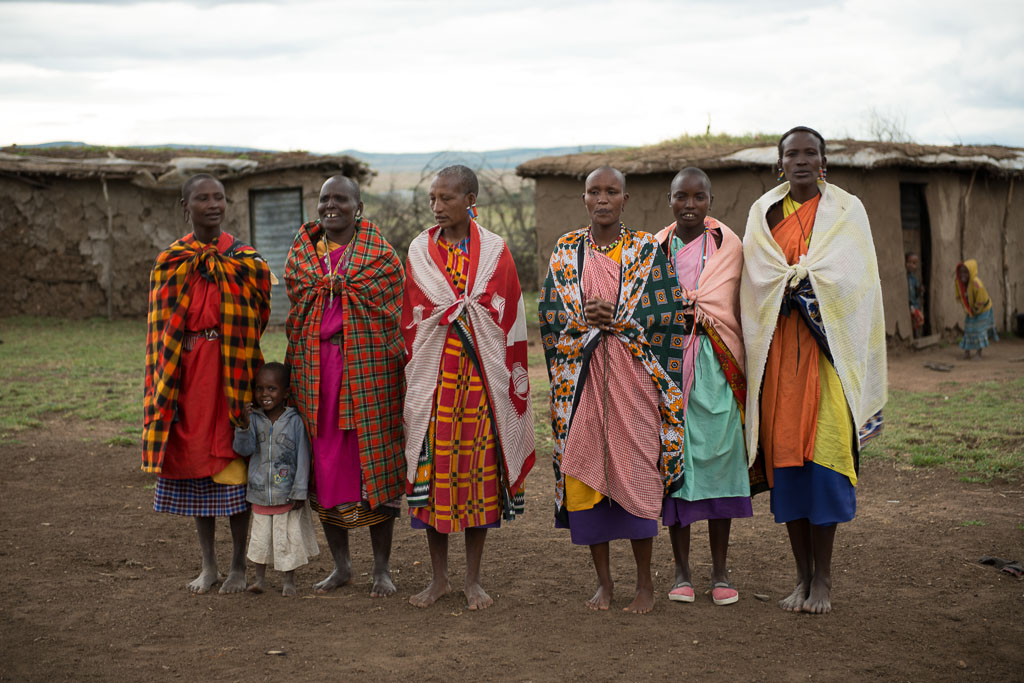
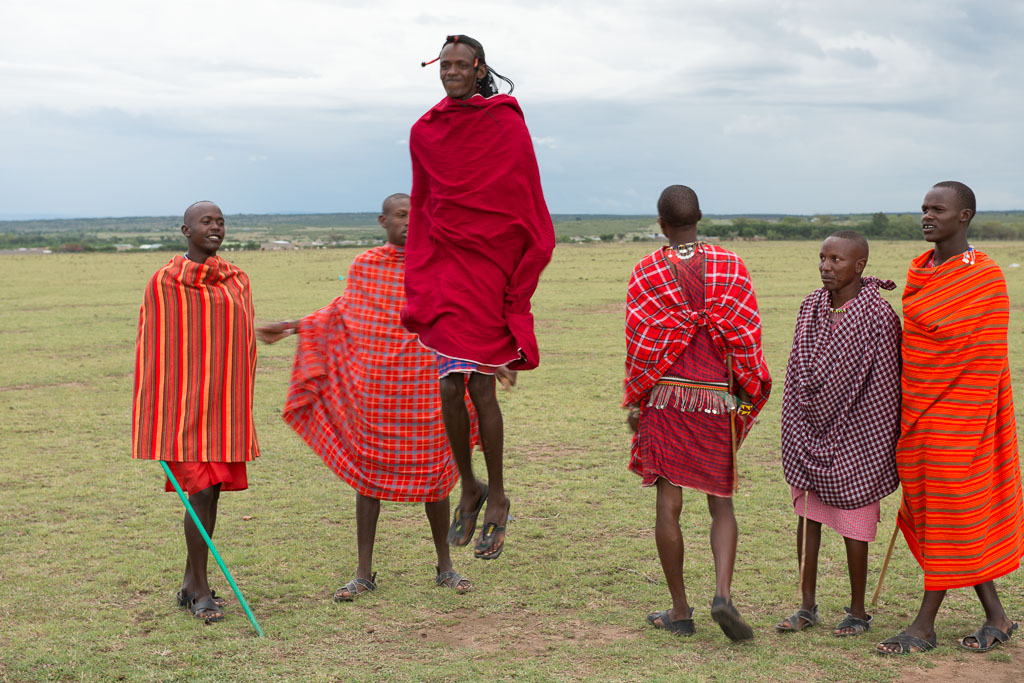
I should add that the ‘tents’, described above, are a misnomer. The only resemblance to a tent was the canvas walls. These were luxury accommodation with en-suite, flushing loos and inside and outside showers. All light and water heating supplied by solar power. The resort was completely open to the surrounding Savannah. At night, a Maasai was assigned to sit outside your tent from dusk to dawn to accompany you to the restaurant, or in case you need to leave the ‘tent’.